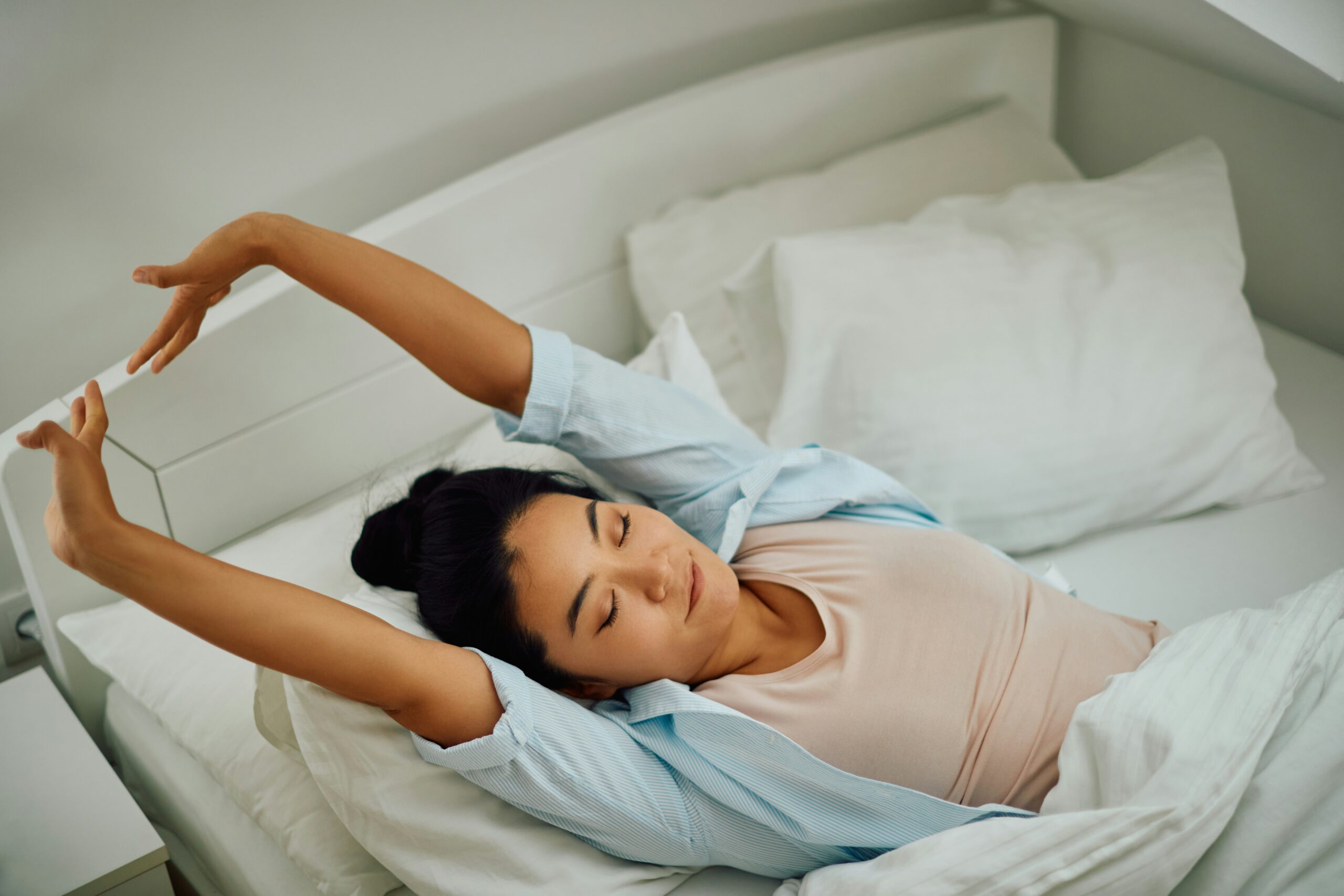Sleep is one of the most important yet often overlooked aspects of our daily lives. It affects everything from our mental health to our physical appearance. While the fashion industry frequently focuses on external beauty—clothing, makeup, and accessories—the truth is that true style starts with how you feel inside. A good night’s sleep not only rejuvenates the body but also enhances your mood, energy levels, and even your personal style.
Impact of Sleep on Skin Health
Your skin is the body’s largest organ, and it reflects the quality of your sleep. Poor sleep can lead to a dull complexion, dark circles under the eyes, and premature aging, while adequate rest promotes glowing, healthy skin.
Beauty Sleep is Real: During sleep, your body enters repair mode, regenerating skin cells and producing collagen, which helps keep your skin firm and smooth. Lack of sleep disrupts this process, leading to visible signs of aging like wrinkles and fine lines.
Combatting Dark Circles: Dark circles and puffiness under the eyes are common signs of sleep deprivation. These can make you look tired and worn out, even if you’re wearing the most fashionable outfit.
Glowing Complexion: When you get enough sleep, your skin has time to recover from daily stressors like pollution and UV exposure. This results in a brighter, more radiant complexion that’s the perfect canvas for any makeup look.
Sleep and Its Influence on Your Mood and Confidence
How you feel when you wake up in the morning can set the tone for the rest of your day, including your fashion choices. A good night’s sleep can boost your mood, increase your confidence, and help you make better style decisions.
Mood Booster: Sleep deprivation can lead to irritability, anxiety, and even depression, all of which can negatively impact your self-esteem and how you present yourself to the world. When you’re well-rested, you’re more likely to feel positive, energetic, and ready to take on the day.
Confidence in Style: Feeling good on the inside often translates to looking good on the outside. When you’re confident, you’re more likely to take fashion risks, experiment with new trends, and choose outfits that reflect your true self.
Decision-Making: Sleep also affects cognitive function, including decision-making. With adequate sleep, you’re better equipped to select outfits that make you feel empowered and stylish, rather than settling for something because you’re too tired to care.
Importance of Comfortable Sleepwear
What you wear to bed can significantly impact the quality of your sleep. Investing in comfortable, breathable sleepwear is just as important as investing in your daytime wardrobe.
Fabric Matters: Choose sleepwear made from natural, breathable fabrics like cotton, bamboo, or silk. These materials help regulate body temperature, keeping you cool in the summer and warm in the winter, which is essential for a restful night’s sleep.
The Right Fit: Sleepwear should be loose-fitting and non-restrictive to allow for easy movement and comfort throughout the night. Tight or uncomfortable clothing can disrupt your sleep, leading to frequent awakenings or difficulty falling asleep.
Stylish Sleepwear: Just because you’re going to bed doesn’t mean you can’t look stylish. Choose sleepwear that makes you feel good-whether it’s a matching pajama set, a soft nightgown, or a cozy robe. Feeling stylish even in your sleepwear can enhance your overall sense of well-being.
Creating a Sleep-Friendly Environment
Your sleep environment plays a crucial role in the quality of your rest. A well-designed sleep space can help you relax and unwind, making it easier to fall asleep and stay asleep.
Invest in Quality Bedding: Your bed should be a sanctuary of comfort. Invest in a good-quality mattress, pillows, and soft, breathable sheets. The right bedding can make a significant difference in how well you sleep.
Reduce Clutter: A cluttered bedroom can create stress and make it difficult to relax. Keep your sleep space tidy and free of distractions to promote a sense of calm.
Create a Calming Atmosphere: Consider using soothing colors, soft lighting, and calming scents like lavender or chamomile to create a peaceful environment that encourages relaxation and sleep.
Establishing a Bedtime Routine for Better Sleep
Consistency is key when it comes to sleep. Establishing a bedtime routine can help signal to your body that it’s time to wind down and prepare for rest.
Set a Regular Bedtime: Going to bed and waking up at the same time every day helps regulate your body’s internal clock, making it easier to fall asleep and wake up naturally.
Wind Down Before Bed: Create a relaxing pre-sleep routine that includes activities like reading, taking a warm bath, or practicing meditation. Avoid screens and bright lights at least an hour before bed, as these can interfere with your body’s production of melatonin, the sleep hormone.
Stay Hydrated: Drink a glass of water before bed, but avoid heavy meals or caffeine in the evening, as these can disrupt your sleep.


